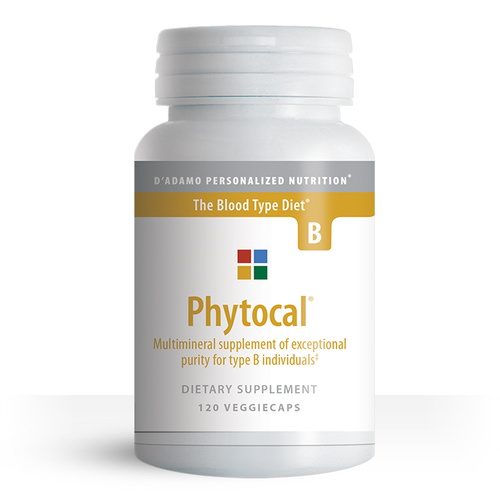Ask Dr. D'AdamoAsk Dr. D'Adamo Index | Latest Entry | Pull a Random Question |
Questions of A More Technical NatureSecretor Women Less Fertile?STUDY: Association of the Lewis blood-group phenotype with infertility in women. JOURNAL: Int J Fertil Womens Med 1998 May-Jun;43(3):155-8 AUTHORS: Lurie S, Sigler E, Weissman A, Rabinerson D, Barash A ABSTRACT: OBJECTIVE: To evaluate the distribution of Lewis blood group phenotype and secretor status among women treated for infertility. SETTING: In vitro fertilization unit of a university hospital. PATIENTS: Forty-seven consecutive infertile women with mechanical (number = 31) or unexplained (number =16) infertility scheduled for IVF-ET. The control group was formed of 47 fertile women from our database and additional new women matched for age. MAIN OUTCOME MEASURES: Determination of ABO and Lewis blood group phenotypes. RESULTS: Of the 47 subfertile women, 12 had blood type A (25.5%), 10 type B (21.3%), 4 type AB (8.5%), and 21 type O (44.7%); 38 had Le (a-b+) (80.9%), 4 had Le (a+b-) (8.5%), and 5 had Le (a-b-) (10.6%). Of the 47 controls, 17 had type A (36.2%), 12 type B (25.5%), 4 type AB (8.5%), 14 type O (29.8%); 26 had Le (a-b+) (55.3%), 11 had Le (a+b-) (23.4%), and 10 had Le (a-b-) (21.3%). The difference in the proportions of the A, B, AB, and O phenotypes was not statistically significant. The proportion of combined recessive and nonsecretor phenotypes Le (a+/-b-) was significantly lower in subfertile women (9/47) as compared with fertile controls (21/47) (P = 0.014). The difference in the proportions of the Lewis blood group phenotypes between the unexplained and the mechanical infertility groups was not statistically significant. CONCLUSIONS: Subfertile women have an increased frequency of the Le (a-b+) blood group phenotype. Our hypothesis is that the presence of exposed fucosylated determinants such as Le(b) on the surface of endometrial cells may interfere with implantation. COMMENTARY: As any reader of my last book will soon learn, the major health disadvantages of secretor status seems to lie with the 15-20% of the population that are non-secretors. However, this study clearly indicated that women who are secretors may have significantly more difficult problems with fertility. Although not statistically significant the ABO distribution is also interesting, since it appears that there is a higher than expected amount of type O secretors in the sub fertile group, which had the numbers in the study been larger, would have probably been shown to be significant. |

|
The statements made on our websites have not been evaluated by the FDA (U.S. Food & Drug Administration).
Our products and services are not intended to diagnose, cure or prevent any disease. If a condition persists, please contact your physician.
Copyright © 2015-2023, Hoop-A-Joop, LLC, Inc. All Rights Reserved. Log In


